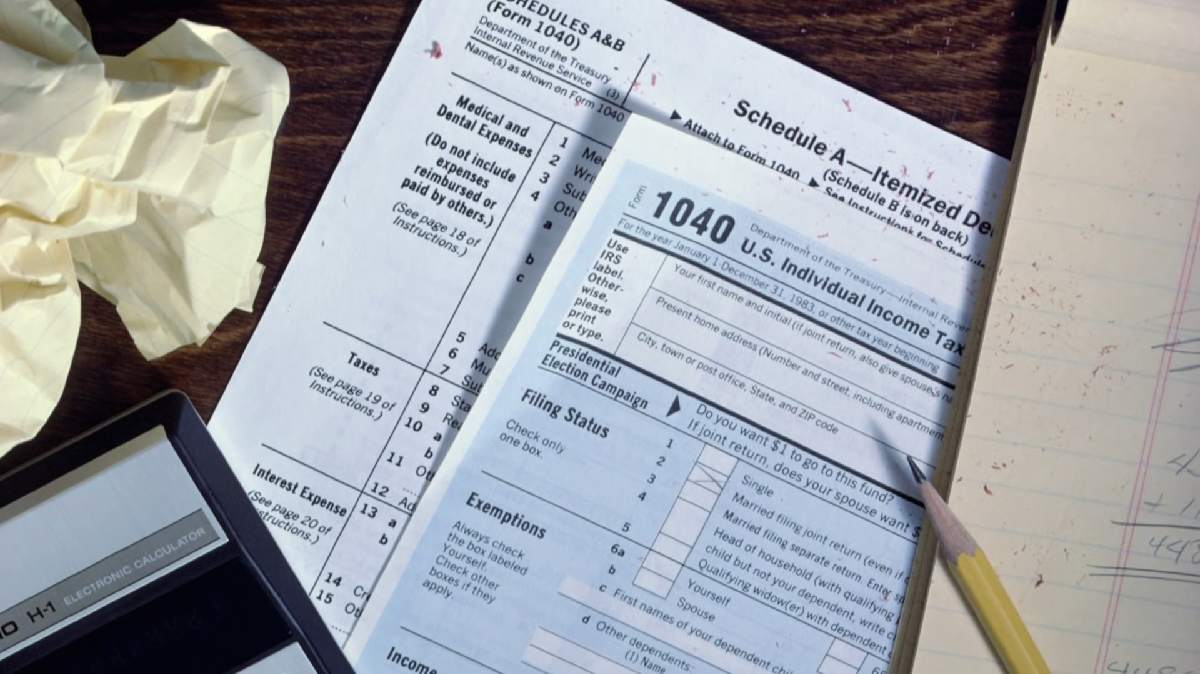Video: How to Figure Out Adjusted Gross Income
Do you know how to calculate your adjusted gross income, or AGI? Every tax return form has a line to report it. See this video for more information on AGI.
The article below is accurate for your 2017 taxes. Some tax information below will change for tax years after 2017. Learn more about tax reform here.
For tax years beginning 2018, the 1040A and EZ forms are no longer available. They have been replaced with a new 1040 form. For those who are filing or amending prior year returns, you can continue to use form 1040A or EZ.
Video transcript:
Hello, I’m Lisa Lewis from TurboTax with important information on how to figure out what your adjusted gross income is.
You’ve probably heard the term many times, but do you know how to calculate your adjusted gross income, or AGI as it’s commonly referred to—or even why it’s necessary?
Every tax return form will include a line that reports your AGI; however, the calculation can be a little different depending on the form you use.
When filing your taxes on Form 1040, the last line of the first page will report your AGI—which is equal to your gross income minus the deductions listed in the “Adjusted Gross Income” section. These deductions—which are also known as “adjustments to income,” can change each tax year, but commonly they cover payments for alimony, job-related moving expenses and student loan interest. Adjustments to income don’t, however, include the Standard Deduction, itemized deductions or personal and dependent exemptions. Instead, you claim these items on the second page of the 1040 to calculate your taxable income.
When using the 1040A form to prepare your tax return, the IRS limits the types of adjustments to income that you can claim. The available deductions will also vary each tax year, but generally, only a fraction of the adjustments on the 1040 are available on the 1040A. And if you file your tax return on the 1040EZ, the form doesn’t allow you to claim any adjustments at all. As a result, your AGI is always the same as your total income.
Although every tax form reports your AGI, in most cases, it’s not significant unless the IRS uses it as a threshold amount to determine your eligibility for a tax benefit, such as a deduction or credit. For example, if you plan on taking the child tax credit, your AGI cannot exceed the applicable amount for your filing status; otherwise, you cannot take the credit.

With TurboTax Live Full Service, a local expert matched to your unique situation will do your taxes for you start to finish. Or, get unlimited help and advice from tax experts while you do your taxes with TurboTax Live Assisted.
And if you want to file your own taxes, TurboTax will guide you step by step so you can feel confident they'll be done right. No matter which way you file, we guarantee 100% accuracy and your maximum refund.













